Paul is interviewed by Andrew Van Wagner about the urgency of the climate crisis and the lack of an effective plan coming from most governments. Paul says a just transition for fossil fuel workers could change the politics of the issue in the U.S., but it’s not part of the Biden plan.
TRANSCRIPT
Andrew Van Wagner
I interviewed Bob Pollin, and he and [Noam] Chomsky wrote a book called Climate Crisis and the Global Green New Deal. And Ellsberg actually, I quote him in my piece where he did a review for that book where he says, this is the road map to save ourselves. This is the plan everyone needs to read this. It is a survival manual for the species.
I wonder, you never looked to elites for anything, really. But do the billionaires, do they understand that that government action is needed? A Global Green New Deal is needed. Pollin said he’s like, we’ve got till 2050 to get to zero global emissions. Do the elites understand that that’s needed? And if so, are the Larry Finks of the world putting their weight behind that?
Paul Jay
Oh, they understand it’s needed. They’re not doing what it takes to get there. They’ve adopted the rhetoric of net-zero by 2050. The problem is the concept of net-zero is kind of bullshit because net-zero means you can have carbon offsets. You can have various tax schemes, but most importantly, they’re relying on carbon capture. Not deliberate, regulated, law-enforced phasing out of fossil fuel. If you look at the Biden plan and you look at all the rhetoric around their carbon capture and nuclear power, it’s a big piece of the plan, but there’s no there, there.
Even if carbon capture, and it looks like there are ways to have carbon capture to suck some carbon out of the air, but nothing at a scale that can accomplish much and reach these targets. But they keep talking about it as if there is.
I was just reading an article today on the Bulletin of the Atomic Scientists, and there’s been some studies. They’re building a carbon capture operation in Finland or Iceland; I can’t remember one of those two. It works. The technology works, but the calculation that this guy made after interviewing and talking to a bunch of scientists that maybe if 80% of carbon reduction comes from phasing out of fossil fuel, the 20% that would still have to be dealt with maybe that happens through carbon capture.
First of all, if you only deal with the 80%, which means immediate phasing out of fossil fuel, immediate meaning 5-10 years, an urgent plan. But even that 20% is a total question mark. It would take billions, and billions of dollars, probably trillions, to create enough carbon capture capacity with this process, at least. Even if it did, it’s optimistic to think it might deal with 20%.
Now, I don’t know if all his numbers are right or wrong, but everything I’ve read is that in terms of getting to net-zero, well, first of all, net-zero by 2050 is not enough. That 2050 number only makes any sense at all if you get to 1.5° warming, stabilized at 1.5° by about 2032-2035, in that area. But you don’t get there if you don’t essentially get there by the end of this decade. So you have to stabilize at 1.5° by the end of this decade to not get to 2° by 2050. Well, we’re nowhere near getting to 1.5°. Based on this interview and the recent IPCC [Intergovernmental Panel on Climate Change] report, people should understand 1.5° is a disaster.
The extreme climate we’re seeing now and all over the world, we’re now at 1.3° or 1.4°, I can’t remember the number. Maybe 1.2° in warming. We’re two, three, four degrees to get to 1.5°, and they’re expecting we can do that in a decade. Well, to get to 1,5° is like a doubling of our current extreme weather, between now and 1.5°. So, look at all the forest fires, all the storms, all the flooding, all the heating, we can get close to doubling; 1.5° to 2° is more than doubling, 2° to 3° is quadrupling, 4° is more than quadrupling. So at 4°, most of the southern hemisphere, as I said, is unlivable.
When I interviewed the climate scientist, I said, at 1.5° or 2°, what is the American agricultural west look like? I think I asked him that at 2°. I said some people are saying it’s a dust bowl at 2°. I said am I exaggerating? He said, no, you are not exaggerating.
The other thing that’s really scary in Chapter Eleven, he talked about unexpected climate events, extreme events, which they can’t estimate the risk. There is not enough data. One of the examples he gave is the oceans. I don’t know the specifics of this, but the oceans absorb an enormous amount of carbon naturally. There’s a phenomenon that’s begun, which I believe is part of global warming itself, where some of that capacity is being reduced. There is the possibility of a kind of tipping point where there’ll be a significant drop in an unexpected way of the oceans absorbing carbon. One of the examples of— he said if that happens, all bets are off. All their estimates about 1.5° and 2°, and how much time we have, it all goes out the window. There’s other such events that are possible. They can’t just put a number on it. It’s not like they don’t think they’re not going to happen; it’s that they are scientists. They don’t have enough data to say it’s this percent or that percent.
So, do the elites know it? Well, they’re not stupid. They read the same stuff we read. I think for the majority of the elites, at least so far, they think that when it really comes down to it, they have so much wealth, and they’ll be okay one way or the other. I mean, it’s not for nothing that all these rich guys are building spaceships, and they buy land in New Zealand. The rich— Rob Johnson, who knows a lot of these rich people, he says denial is very comforting. Yet you go about your life. I mean, so do most of us. If you have millions, and millions, and billions of dollars, you feel you’re immune.
Will there be some individual elites that with enough power and influence and get the catastrophic nature of this that they will have to actually think about their own children? And understand that they may for a time be able to mitigate the effects on themselves and their families, but what planet are they planning to live on? I guess we’ll see.
In some ways, everything about capitalism I know tells us they’re not going to, but there’s been some examples where they kind of did. They did deal with acid rain, sort of. I don’t know. The jury’s out and will find out. If you work backwards from how we save human civilization given the weakness of the people’s movement, given the weakness in places where you would have hoped there would be a real breakthrough like Brazil you would have thought there could have been a really progressive breakthrough, even if [Luiz Inácio Lula da Silva] Lula wins the next election it’s still so chaotic there. You would have thought a place like India by now would have a really revolutionary progressive socialist movement of some strength. Instead, you’ve got an insane Hindu nationalist running the place.
So it may take that we’re going to get deep into the shit before enough people wake up and take action, and one hopes it’s not too late.
Andrew Van Wagner
Yeah, just to clarify, it’s one thing for Larry Fink, and I’m just using him as a mascot, but it’s one thing for these elites to say my company is going to do X-Y-Z. It’s another thing for them to actually get political. Like the Koch brothers are highly political, right? So why don’t you put your billions of dollars into politics to push for a Green New Deal? Since these people are very intelligent, very well informed, and they understand that it’s a serious emergency, I would expect to see them shift from my company’s going to do this, too, I’m going to get political now. They’re not stupid, and they know that we need to get political. We need to have a Global Green New Deal.
Paul Jay
They’re very political, and the Democratic Party is— Larry Fink, has his man and close to Biden as an economic advisor. They’re very political. They control the corporate Democrats, but like I say, they have to, it has to be the kind of thing that happens during war, wherein, like World War II, they accept it and have no choice. An enormous amount of government intervention to quickly put the country on a war footing. And that’s what’s needed now. There has to be government intervention like there’s a war. It has to be a war to reshape the economy, which means enormous power handed over to the state. It has to also be a government that is not completely controlled by the financial sector because they have their own agenda. It’s like they can’t help themselves, but to just try to make money out of whatever gets done.
I honestly, at this point, don’t care if there was a, quote, unquote New Deal, a Green New Deal, not the kind that’s been proposed by the Progressives, but one that made the financial sector even richer because they built the public out of tons of money, but actually was a factor of phasing out fossil fuels. Well, do we have a choice? Like right now, they should nationalize the fossil fuel industry, obviously. If you have to pay all the shareholders, which is mostly these financial institutions and say, okay, here’s X trillion dollars go away. We now own the fossil fuel industry. You haven’t lost anything. We’re phasing this out.
The same thing— like a simple proposal would be, Bob Pollin made this, and I just talked about this with him in an interview a little while ago. He reckons that you could pay every fossil fuel worker in the United States three years of their current wages for $2 billion. I mean, $2 billion isn’t much money for Jeff Bezos, or never mind BlackRock. So double that. So $4 billion dollars in six years and keep going. You can guarantee all the fossil fuel workers they won’t lose a dime with a transition to sustainable energy. Not only that, you would electorally weaken the Republicans in all these fossil fuel States because they’re going to scream. What fossil fuel worker is going to turn down money to retire? But they’re not doing it. Why isn’t Biden doing it? Because if you do that, it means you’re serious about phasing out fossil fuel, which means you’re going to go to war with the fossil fuel companies that are owned primarily by the financial sector. That’s the most obvious thing in the world.
Again, this goes back to this kind of on-the-ground organizing because if you organize in States where there’s fossil fuel workers and start organizing with this as a demand. Yes, transition, but transition with full support and subsidy to fossil fuel workers. I think it would have some success.
Pollin is talking about in California, the Union that represents the refinery workers is actually advocating and supporting this proposal: the phasing out of fossil fuel with a just transition. And of course, why should fossil fuel workers bear the brunt of something the whole society has participated in. But it’s the conundrum. The logic of capitalism isn’t that. Except if they do get that their own wealth, their own status, their children are going to be in a livable world maybe some of them start to get it. They got it more now. The Biden Administration, at least in rhetoric, and at least with a little bit of plan and investment, is taking it more seriously. But it’s nowhere near what scientists say needs to be done.
Andrew Van Wagner
In Canada, can the federal government just bail out Alberta? Alberta is just stupid on climate change because that’s where their bread is buttered. So you just do the same thing with them, just transition, bail them out, and then they won’t care, and then you can move forward on climate. Right?
Paul Jay
Well, yeah. You offer the fossil fuel workers wage subsidies, whatever. It isn’t that much money. Of course, the fossil fuel companies will scream blue murder because they’ve invested so much money in the Tar Sands. If you start with subsidizing the workers electorally, it will really weaken the hand of the right-wing in Alberta, which are essentially just fronts for the fossil fuel companies. It’s clear the writings on the wall with Tar Sands. It’s the same thing with the Trudeau government; they won’t be any different. Even the NDP when they were elected in Alberta wasn’t any different. They don’t want to take on the fossil fuel companies. They’re afraid, but there’s no choice. The best way to start is with the subsidizing of the workers.
Andrew Van Wagner
I did a piece on climate communication. Do you know who Katharine Hayhoe is? She’s a climate communicator. She puts out statistics where she shows that people in America largely agree that global warming is real, largely agree that it’s going to harm people in poor countries like in Africa, and so on. They agree it’s going to harm their kids. They agree it’s going to harm plants and animals. But the thing that prevents action is that they don’t think that it’ll harm themselves. It’s so strange to me because you have to be a real psycho. I mean, even if you’re a psychopath, you want your kids to have a good life. So that’s crazy to me. You know what I mean?
Paul Jay
I think that’s changing. I don’t know those stats. I don’t know how old they are. I think in the last couple of years that number has really changed. It used to be really alarming how many people answered poll questions the way you said. I think that in recent events, especially the last year, year and a half, two years, people are really directly affected. Look at what happened in New York, New Jersey, wildfires out west. People are getting it, but there isn’t enough consciousness about what’s really required. And so the fact that the Democrats claim they’re doing something and can blame the Republicans for not doing more in the U.S. it paralyzes the situation so far.
In Canada, there’s— yeah, I think in Canada, in the big urban centers outside of maybe British Columbia. I’m in Toronto now, and we have a lovely climate. We’re having a great summer. People joke that in about 10, 15, 20 years, we will grow mangoes in Muskoka. It’s easy to be in denial and the Canadian urban centers— and what is it, 80% of Canada is urban. Different out west because the fires have clearly hit people in a way that hasn’t happened before.
I guess one change is the extent to which the Conservative Party in this federal election ongoing now is trying to claim they have a climate policy, which for a long time they didn’t even have one, really. It’s a reflection of Canadian public opinion. Not that the Conservatives are serious about doing anything. They’re far too tied to Alberta and fossil fuel areas for votes, and as I said before, mouthpieces for the fossil fuel industry. The Liberals aren’t a heck of a lot better.
Why there isn’t a larger-scale climate movement in Canada, I guess it’s kind of what you just said. Even if people in polling questions in Canada say yes, it affects me. It doesn’t really yet. Certainly not in, like I say, not in Toronto. It’s hot, maybe hotter than usual in the summer. But most people, a majority of people; I’m not even sure if it’s most. A majority have air conditioning. The significant numbers of people that can’t afford air conditioning are very marginalized and not organized; you don’t hear about them.
The media is terrible on the whole in Canada and the U.S. The amount of time spent on climate crisis is minimal, and very, very little expose about how ineffectual government policy is. So people get fooled very easily when a party or the government claims they’re going to do this and that. It sounds, oh, okay, they’re taking it seriously now.
Andrew Van Wagner
It’s incredibly confusing to me why— if you have kids or you care about the future of society— again, even if you’re a psychopath, you should, on the most narrow, self-interested grounds, you should be in panic mode. That’s what I’m saying.
Paul Jay
Well, I would disagree with that. I don’t think psychopaths do think that way. Psychopaths, I think they’re psychopaths because they don’t think very far, except about their most immediate impulse, need, and logic. The problem with capitalism is psychopaths rise to the top. Capitalism rewards psychopaths: people with no conscience, people who don’t give a damn about society, who are totally focused on money-making.
At the very most, and this is where I give you something, but it’s very narrow. Maybe they care about the interest of their own family the way the Mafia does. I think Tony Soprano, the Mafia mentality is a pretty good way to understand how much of the capitalist elites think that everybody’s expendable in the entire world. All humans are expendable, except maybe their immediate family. But even there, it’s within the confines of very narrow money-making. So there’s a kind of lodging to a Mafia family. But they don’t give a damn that the activities of getting millions of people addicted to drugs, crime, the destruction, and the havoc they reek. The Mafia doesn’t care about that because they’re making money today, and that’s somebody else’s problem.
I think most of the capitalists think that way. What I mean by most of the capitalists is people who are actually actively running the system, whether it’s big corporations or government. There’s a lot of sociopaths that rise to the top. They’re not out and out psychopaths. It’s not like they’re going to run around individually, killing people and such. But they just have accepted the logic of the system that’s so internalizing.
The example, I guess that I always go back to when I hear this kind of question. Tobacco companies who sat and hid the research, they knew tobacco smoking caused cancer. But not only did they hide the research from the public knowing that tobacco causes cancer, all the executives smoke, because if you didn’t smoke, you didn’t rise to the top of the tobacco company. If you wanted to advance your career, you better be a smoker. They let and encouraged their kids to smoke for the same reason. They let their kids smoke knowing what they knew because they were just embodiments of the corporate culture.
You know, [Karl] Marx says this great line that social consciousness reflects social being. Well, they become the culture of where they work. They become the corporate culture. They used to have this line you are what you eat. It wasn’t right. You are how you make your money to eat. That starts to defy your consciousness.
The odd person gets it, quits, and breaks away. You get whistleblowers. But on the whole, the inertia of habit; it’s very hard for people to break out of it without an external event that really shakes them.
Eventually, the insurance companies had enough of cancer. It was just costing them too much. Governments, especially and even States that had a certain amount of public insurance, but private insurance companies, especially, they wanted to stop the amount of smoking going on. It was costing them a fortune. So eventually, one sector of the economy started pressuring the tobacco industry, and they had these big lawsuits in the States, and they’re still smoking; it hasn’t been banned.
When it comes to something as fundamental as what’s required to deal with climate, a real restructuring of the economy, the inertia and habit, it’s very difficult. It’s growing. I can’t say it hasn’t changed because there’s a lot more people who get it now that didn’t even five years ago. But we who have any kind of platform at all have to really focus on what’s effective climate action as opposed to what’s empty rhetoric.
I’m hoping that people that are in the trenches organizing, whether it’s about unions against police injustice or crimes against Indigenous people, whatever it is, people have to take up the question of climate. They have to make sure that wherever they’re working, wherever they’re organizing, whether it’s advocacy or organizing, the solution to these issues, whether it’s climate or even nuclear weapons, they’re very similar, which is there has to be a radical restructuring of how the economy is organized. It can’t be as radical as I’d like to see.
I mean, obviously, anybody that looks at this would know that some form of Democratic socialism is the only real way out of this. I mean, it’s just too obvious. But the time frame to have a real kind of socialist transformation, whether it’s in Canada or the United States— now, this may not be true in some other countries. It may be possible there’s a breakthrough. Like Bolivia right now, maybe it’s going to go that way. Who knows? Maybe something in Brazil might be possible. But in the U.S. and Canada, the elites are so powerful here. I don’t see in a time frame that could be nine or ten years, if we have that moment, that you’re going to have that kind of transformation.
There needs to be this kind of real restructuring of the Canadian economy if we’re going to talk about Canada, which is so much based on fossil fuel. That conversation, it’s hard to have because the Canadian media is not very interested. With the fires in B.C., people can see what happened in New York; maybe we’re getting closer to that moment.
Andrew Van Wagner
Alright, thanks so much, everyone, for joining us. And I hope you enjoyed the interview.
END
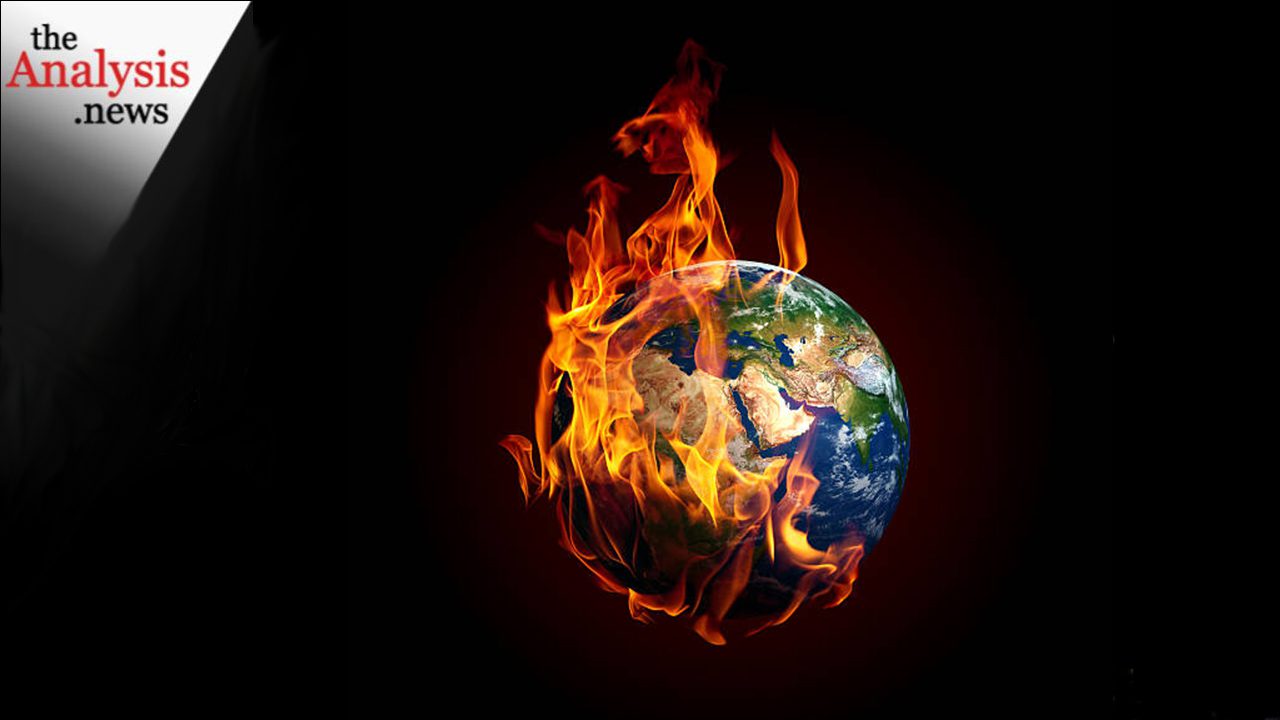
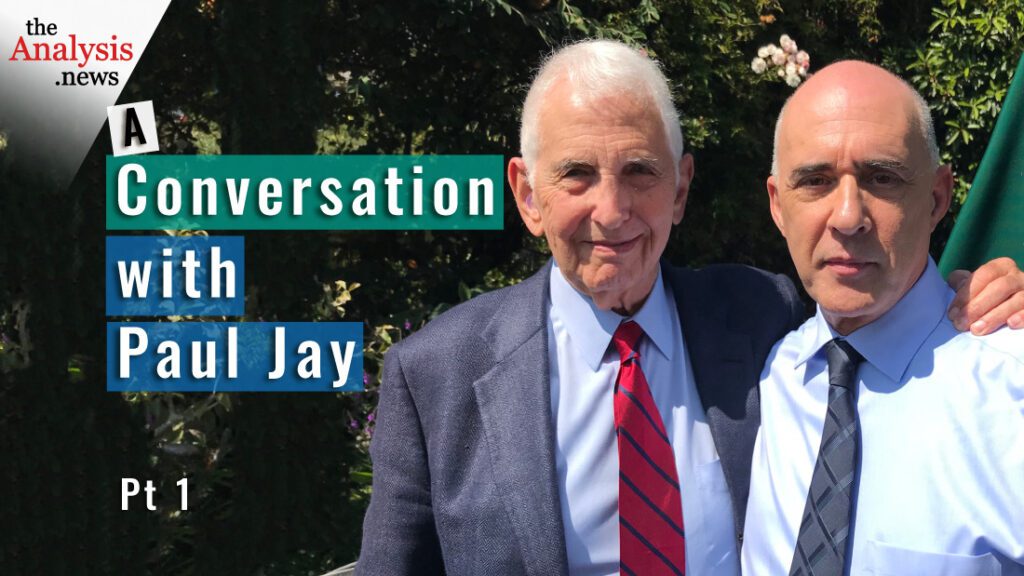



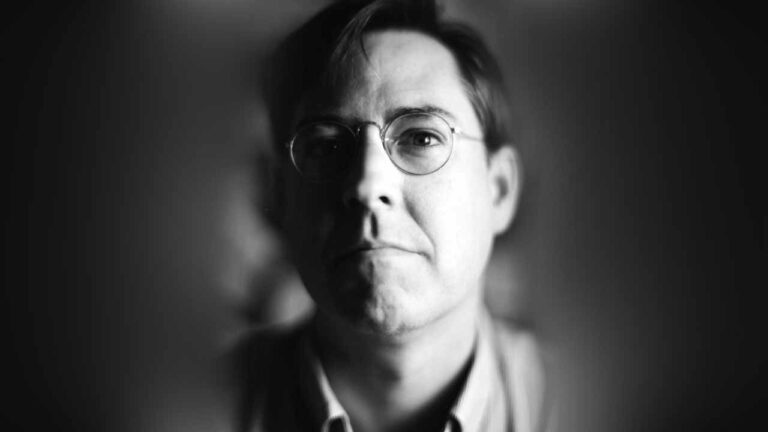
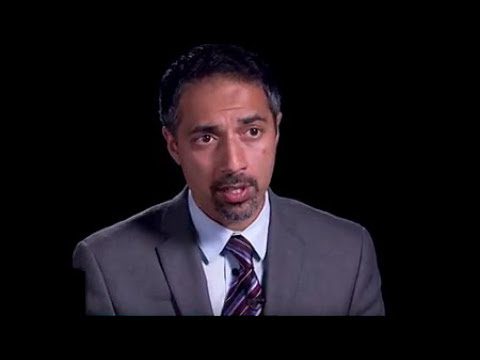
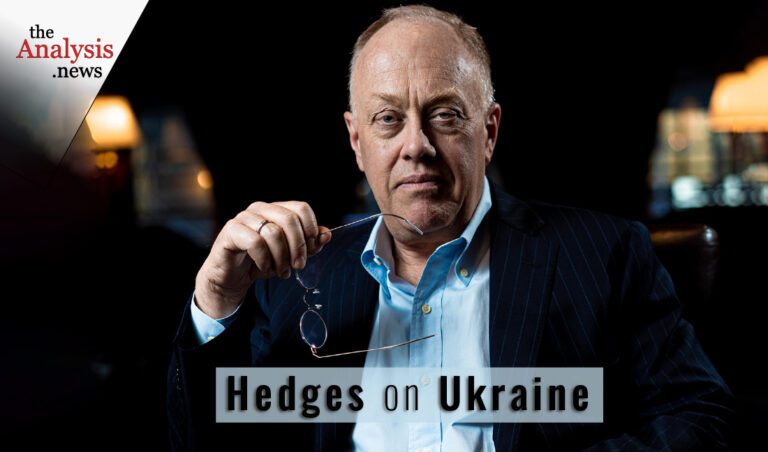
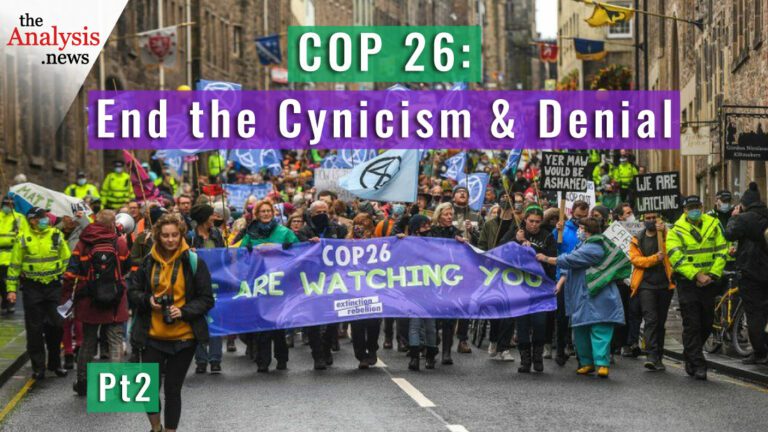


Not the “true catastrophe”, but a lesser one might be if solutions emerge that didn’t satisfy a greater unfulfilled, emotionally literate world socialist vision. (Sarcasm, a bit) The same vision that has been having a tough time getting off the launch pad for a while now.
Might be a bit rage-making, but imagine a person who does not give a *** about what powers their homes/cars/whathaveyou, cannot quote Marx at all, and does not know or care that they are NOT contributing to global warming very much.
Performance car enthusiasts have known for years now that electric cars substantially outperform their I.C.E. counterparts in many ways. An all-electric car company (Tesla) is capitalized more than most (all?) legacy I.C.E. manufacturers. Renewable energies are currently less costly than fossil counterparts- not including savings from more distributed grids- yet many of the most aggressive individual practitioners of domestic energy sustainability are straight-up anti-government, “gun-nut compound” folks.
I personally believe that if a sustainable energy discussion could be separated from Roe v. Wade, “pronouns”, and world peace – maybe things could be different -in America- very quickly.
It’s possible that substantial opposition to The Green New Deal is merely that A.O.C. keeps talking about it all the time. Maybe the best thing Bob Polin does is to stick with the numbers, and keep hammering the question “what part of LESS do you not get?”